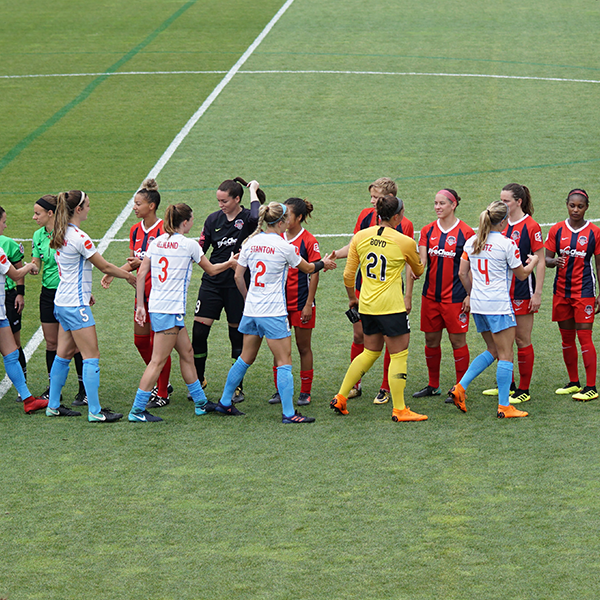We all know the uncomfortable feeling of pressure - whether it’s pressure to perform well in an exam, pressure to impress at a job interview or pressure to win a big football match.
Although it is often thought of as a negative thing that can hinder performance, for the top athletes, pressure can be helpful. What we mean is that it is their ability to be able to perform when it counts no matter how high the stakes are that allows them to separate themselves from the rest.
So, how can all athletes perform well under pressure? Here are the common habits we encourage our athletes to develop in sport psychology coaching sessions…
Play to Win
Athletes sometimes fall into the trap of not playing to win but instead playing to not lose, as they fear failure too much. However, the best athletes have developed strategies to help them with this.
One of the most common strategies they use is to question their fear – often, athletes find themselves worrying about the worst-case scenario for no logical reason. Therefore, by questioning this irrationality and encouraging themselves to think clearly, athletes can protect themselves against fearing the worst.
Focus on What You Can Control
Concentrating on aspects of their performance that they cannot change can make athletes nervous and stressed. Therefore, it is essential that they accept certain situations that they have no influence over and instead place all their focus into controlling the controllables, as this offers a sense of certainty and confidence.
Be Process Focused
Champion diver Tom Daley often talks about being process focused: he believes it is important that athletes block out anything that could distract them and place all their efforts into the processes that they have practised and can control. By focusing on the behaviours that lead to better outcomes, it makes these outcomes more likely to occur.
It may be helpful for athletes to carry out visualisation, which has not only been proven to help them when they actually come to perform the act, but can also provide motivation, by allowing the athlete to imagine what they can and want to achieve. Effective visualisation means using all your senses to create a mental image of what you want to achieve.
Maximise Your Strengths
Athletes should look to identify their strengths, as this can evoke confidence and allow them to tailor their game plan to fit these. They may work out their strengths by remembering their previous best, as this should help them decipher what attributes contributed to this enhanced performance.
Athletes often spend too much of their time on minimising their weaknesses. Although this can help them improve, their strengths are what they will be remembered for.
Have a Clear (but flexible) Game Plan
When athletes feel unsure of what to do, they can become anxious or stressed. Hope is a poor strategy. Developing pre-prepared game plans often helps alleviate some of these feelings.
That said, athletes do need to bear in mind that NO game plan is fault-proof. All eventualities cannot be planned for and in some cases they will need to be flexible to ensure that their approach best fits the needs of the situation. There is a thin line between having a clear vision and sticking stubbornly to an idea that isn’t working.
Focus on the Task at Hand
To maximise performance, it is important that athletes don’t get wrapped up in the excitement of the occasion, but instead are able to control their emotions and focus. One way in which athletes can do this is by setting themselves or the team challenging but realistic goals that they want to achieve throughout the match or competition.
Do What You Know Works
Athletes need to ensure that they use training as an opportunity to practice new skills, improve and make mistakes. Mistakes in training is important, as they allow learning opportunities and help the athlete to decipher exactly what works for them and what doesn’t.
Training in an environment in which failure is followed by support and positivity rather than embarrassment is a good way to ensure that each athlete feels comfortable experimenting and figuring out what works best for them when it really matters.
Final Thought
Whether or not an elite athlete takes the next step and becomes a champion is often determined by their ability to perform under pressure. If athletes can maximise their strengths, focus 100% on the task in hand and have a clear but flexible game plan, they give themselves the best chance of taking this step and performing at their best when it matters the most.





